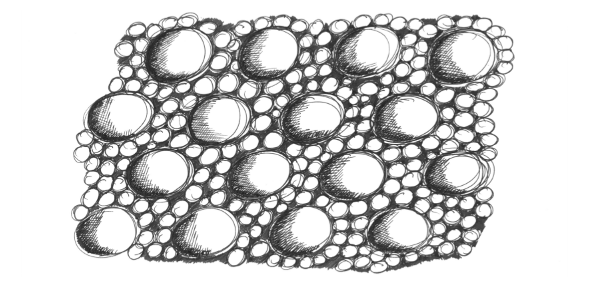
Collaborative areas include
Winton Programme for Physics of Sustainability
A "blue-skies" research approach to keeping the skies blue. Research portfolio is very broad, and includes investigations into improved solar cells efficiency, future battery materials, and learning from nature about harnessing quantum effects and ultimate computing efficiency. Read more here: http://www.winton.phy.cam.ac.uk/
Sustainable Nano
Research in Sustainable Nano focuses on tools and techniques that enable the translation of nano functionalities to industry in a scalable and sutainable manner. Sustainable nano refers to 'sustainable' in the broadest sense of the word, including efficient manufacturing processes such as self assembly, development of functional materials which minimise waste and use of natural materials and processes which are better for the environment. Creation of nanostructures with particular combinations of organic and inorganic components in specific registry, remains challenging, with only a handful of techniques available that can make these structures without the use of expensive lithographic techniques. An underpinning theme of our research in Sustainable Nano is thus developing new ways to produce such materials, and aiming for large-volume scalable routes to assembly and fabrication. Research in this area brings together teams involved in different aspects of producing nanomaterials, from using recognition molecules to self-assemble frameworks, to gas-phase growth of carbon nanotubes that condense into conducting rope. Theory plays an increasing role as hopes for some predictive power over nano-assembly grow. Bio-mimetic strategies are also an important activity, because they promise more sustainable use of materials through their entire life-cycle. Using cellulose nanofibrils broken down from trees to assemble photonic devices, using DNA oligomers to prescriptively dial up complex topologies, or using bacteria to express genes producing proteins assembling nanostructures, are all new directions pursued.
The research groups involved include: Nanomanufacturing Group (Engineering), Fluids in Advanced Manufacturing (Engineering), Scherman Group (Chemistry), Biological and Soft Systems (Physics), Vignolini Lab (Chemistry) , Nanophotonics Group (Physics), Frenkel Research Group (Chemistry) and several others.
